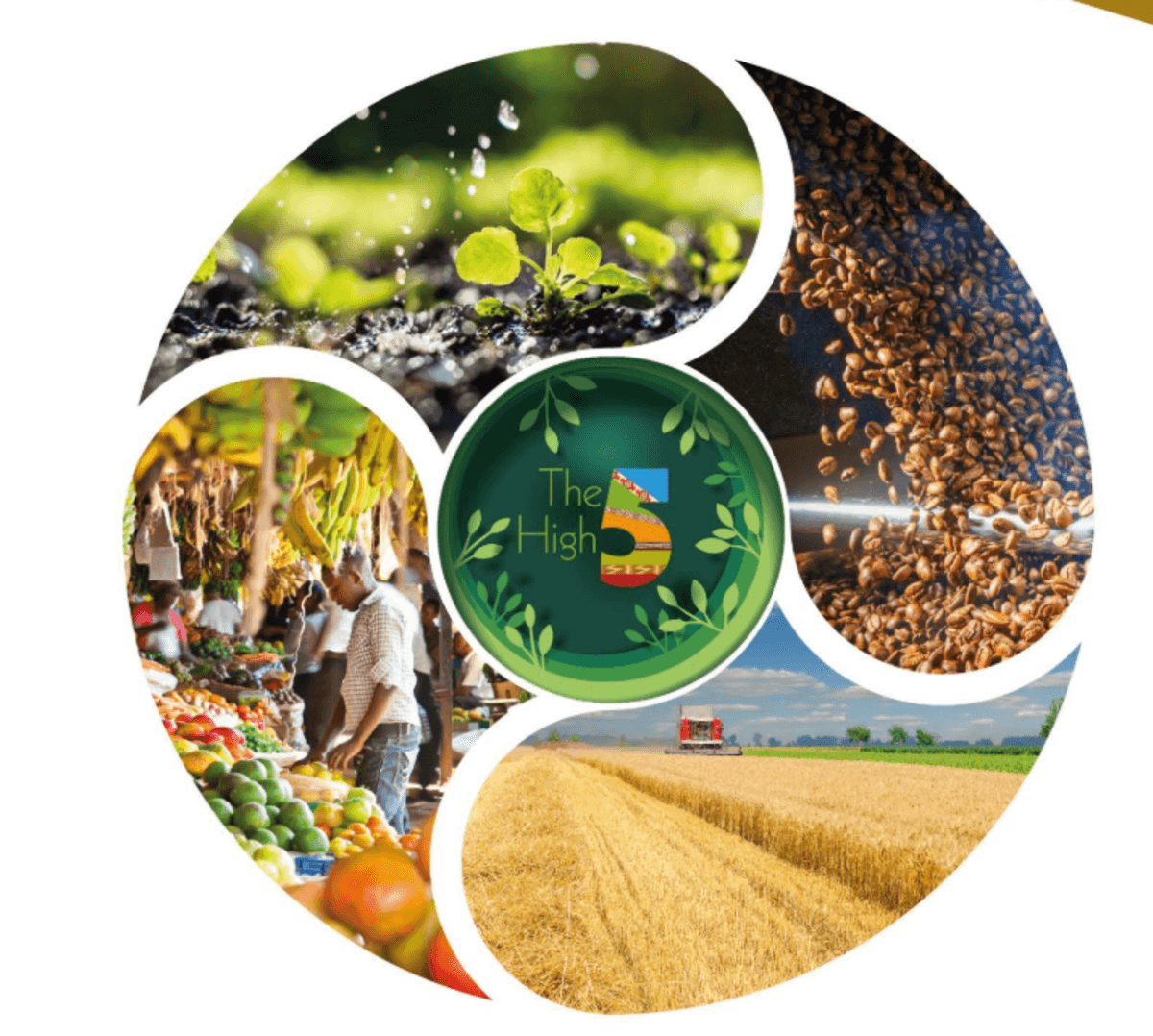Agriculture has always been an integral part of African economies, providing employment and food for millions of people. However, the potential of the agricultural sector in Africa remains largely untapped. The African Development Bank (AfDB) recognizes this and has launched its Agricultural Transformation Agenda (ATA) to drive a revolution in the sector.
Table of Contents
Understanding the Agricultural Transformation Agenda of the African Development Bank
The Agricultural Transformation Agenda is a comprehensive strategy aimed at transforming African agriculture into a thriving, profitable, and sustainable business. This programme, which is to run from 2016 through 2025, was designed with the awareness that agricultural transformation programmes are underway in different African countries, even though they’re at different stages.
The agenda’s objective is to turn African agriculture into a competitive and inclusive agribusiness industry that generates income, improves people’s lives, and protects the environment. The Strategy builds on the momentum established during the AfDB’s Feeding Africa High-Level Conference (HLC), which sought success stories of agricultural transformation across Africa and reached consensus on the most important goals for scaling effective initiatives.
The HLC was organised in collaboration with the Senegalese government, the African Union Commission (AUC), and the United Nations Economic Commission for Africa (UNECA) and took place in Dakar, Senegal in October 2015. The Strategy aligns with the promises made in the 2003 Maputo and 2014 Malabo Declarations under the Comprehensive African Agricultural Development Programme (CAADP).
Priority Areas of the Agricultural Transformation Agenda of the AfDB
In the 2017 edition of the African Economic Brief (Volume 8, Issue 3), the African Development Bank identified six (6) priority areas for Africa’s agricultural transformation;
Agricultural Value Chains
AfDB recognized that Africa’s agricultural value chains are currently at the bottom of the global market due to the lack of effective supply chains and strong interactions between informal and formal value chains. It also identifies improving these chains as necessary for agricultural transformation and inclusive growth.
According to the report, Africa’s private consumption is projected to reach US$5.6 trillion by 2025, providing opportunities for actors along the agricultural value chains. Climbing the global agricultural value chain is essential to Africa’s success, given its untapped potential, increasing food markets, population growth, urbanization, and the strong middle class. The recent proliferation of buyer-driven chains is due to the rise in supermarkets across Africa.
Agricultural Mechanization
Agricultural mechanization involves using machinery and increased power to increase the productivity of labour in agriculture. Countries that have overcome development challenges have done so through strong support for mechanization and heavy investments. AfDB identifies agricultural mechanization as the key to intensifying production, enhancing efficiency, and improving productivity and quality of life.
According to the World Bank (2016), agricultural mechanization in Africa is generally poor, with a dismally low rate of only 13 tractors per 100 km2 of land. African Development Bank seeks to drastically increase agricultural mechanization in Africa through the Agricultural Transformation Agenda with the aim to promote African countries to nations that areself-sufficient in food production, exportation of agricultural products, and keeping up with future nutritional needs.
Youth and Women
The programme also recognizes the crucial role of women and youth in Africa’s agricultural development. According to FAO, (2011), women make up 62 per cent of the workforce in agriculture, while youth account for 65 per cent across African countries. As the population of youths grow rapidly across African countries and are becoming better educated, AfDB recognizes their involvement as critical in achieving agricultural transformation and economic growth.
Institutional Capability
ATA identifies institutions as key players in agricultural transformation and growth as they ensure resources such as inputs and services are delivered. When institutions function well, they promote equity among citizens, increase productivity, and streamline rules for various actors in the agricultural value chain. It also recognizes good institutions as essential elements for pro-poor agricultural growth and inclusive policies.
Climate-Smart Agricultural Practices
The effects of climate change arevery severe on African agricultural production. According to the brief, a decrease in agricultural productivity is expected to be around 15-35 per cent in some African countries, while others will experience increased water and food shortages, shorter growing seasons, and more frequent droughts and floods.
ATA identifies environmentally friendly agriculture as a promising way to sustainably increase productivity, adapt to climate change, and reduce greenhouse gas emissions. It also seeks to encourage African governments to invest in climate-smart agriculture and provide support for smallholders to transition to these practices. The programme has enacted a clear public awareness of the urgent need to develop adaptive and mitigating strategies, which encourages the adoption of climate-smart agriculture practices and better yields, profitability, and soil fertility.
Intra-African Trade
African agriculture could benefit from increased trade between neighbouring and/or African countries, which would expand markets, create new opportunities for growth, and attract investment. However, intra-African trade is low compared to other regions and Africa is vulnerable to external shocks due to heavy reliance on international trade and concentration of exports on primary commodities. ATA aims to boost intra-African trade and deepen regional market integration as these are recognized to be vital responses to the challenges of agricultural transformation in Africa.
Final Thoughts on the Agricultural Transformation Agenda of the African Development Bank
Overall, the ATA is a comprehensive strategy aimed at transforming African agriculture into a modern and efficient sector that can compete on the global stage. By focusing on improving agricultural value chains, promoting mechanization, empowering women and youths, involving institutions, campaigning towards climate-smart agriculture, and promoting intra-African trade, AfDB has been able to contribute greatly towards driving a revolution in African agriculture and benefited millions of people across the continent.
In conclusion, the Agricultural Transformation Agenda of the African Development Bank is a game-changer for African agriculture. It is a comprehensive strategy aimed at transforming the sector into a thriving, profitable, and sustainable business. Since the launch of this programme in 2016, AfDB has disbursed a considerable amount of money into this campaign.
Resources : Feed Africa

